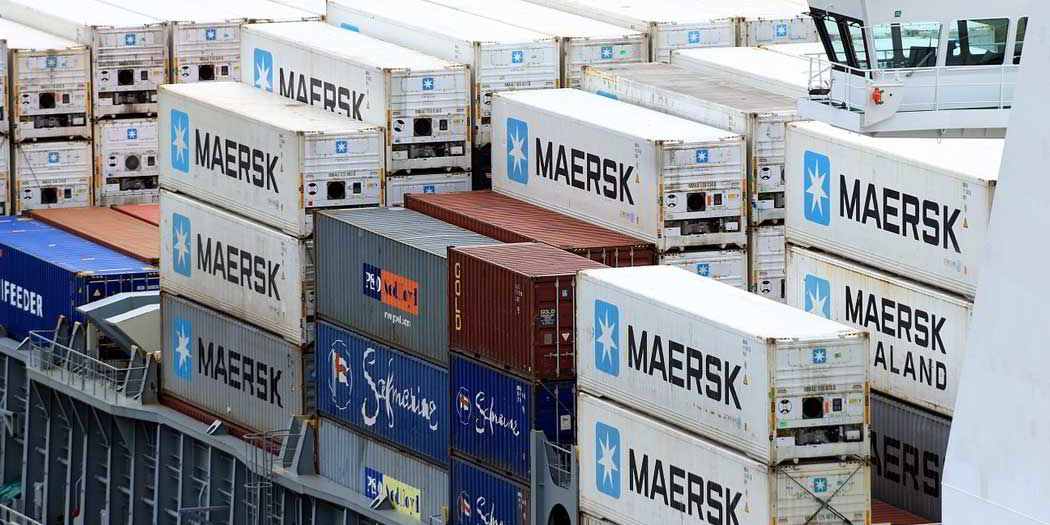All members of the recently signed Pacific Rim trade pact are expected to benefit, but some will benefit more than others. Likewise, those who declined to join could end up as losers.
A just released World Bank study says the Trans-Pacific Partnership (TPP) trade pact, which aimed to reduce tariffs and liberalise trading standards, could lift member countries’ trade by 11% by 2030. This would be an “important counterweight to the trade slowdown underway since 2011,” the study notes.
Otherwise, given the current trend line, trade between the pact’s signers could have fallen 25%, the World Bank said.
The study’s authors estimate Vietnam could see its textile and garment exports grow 28% by 2030 as big customers such as the US reduce tariffs by nearly 9%. Malaysia’s exports could rise about 20% over the same period thanks to the pact. Those export gains, in turn, will create a virtuous cycle, helping improve the gross domestic product outlook for both countries.
But some of the countries that did not join the pact face the prospect of losing market share in export markets, the study added. The study said pointed to Thailand and South Korea as potentially losing out by not being part of the TPP bloc.
“Vietnam and Malaysia would be among the TPP member countries benefiting most. As a result of shrinking market access and greater competition in export markets, activity in Korea and Thailand could be set back,” the study said.




